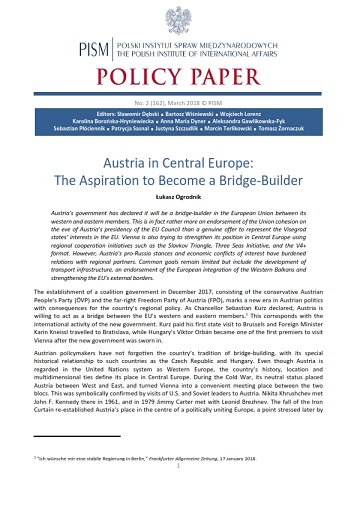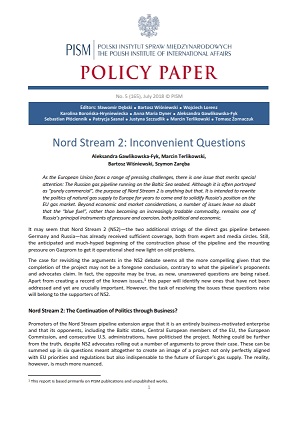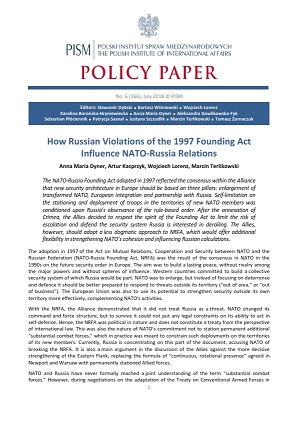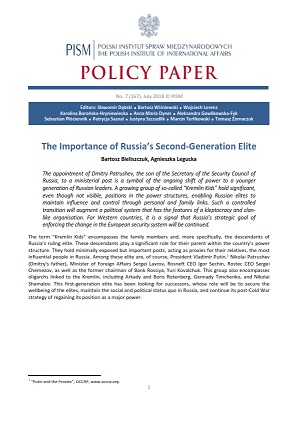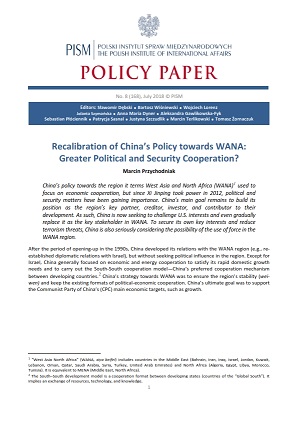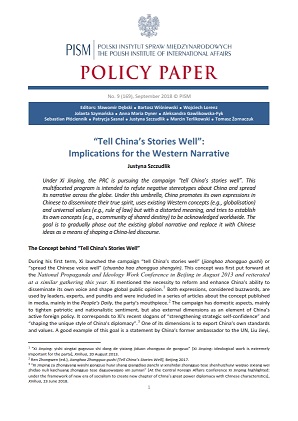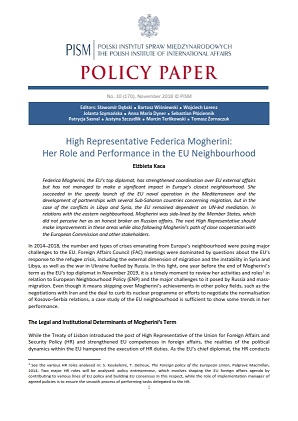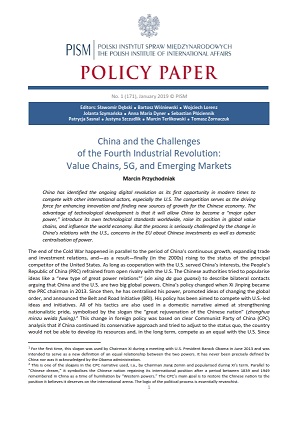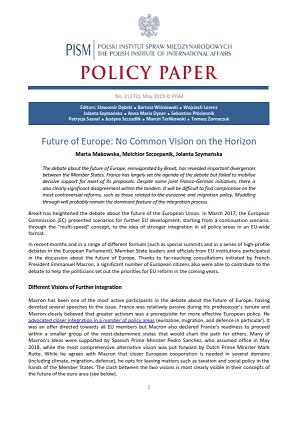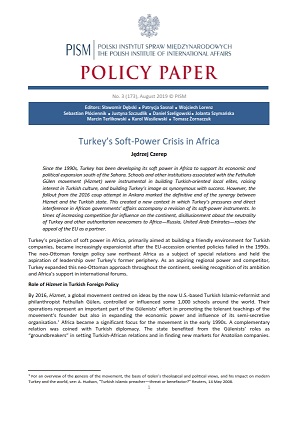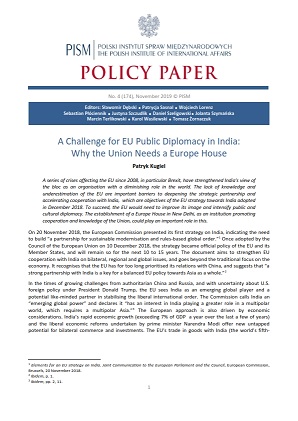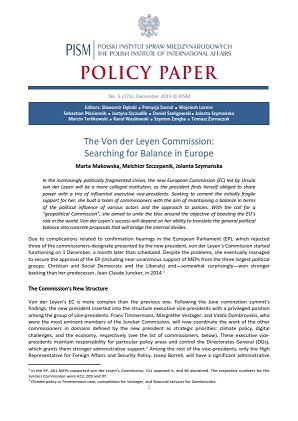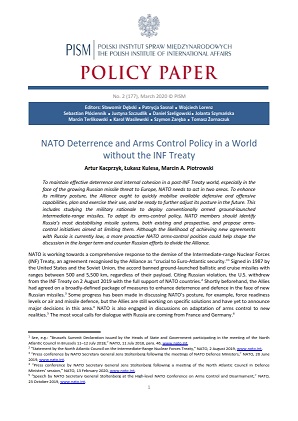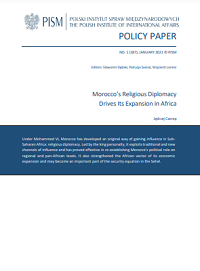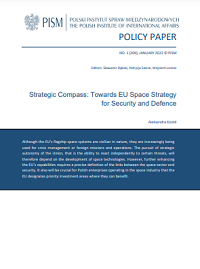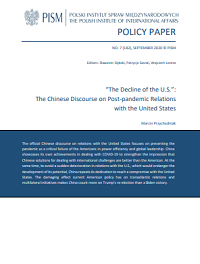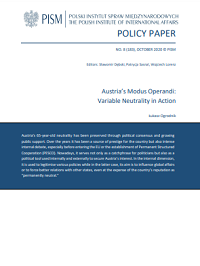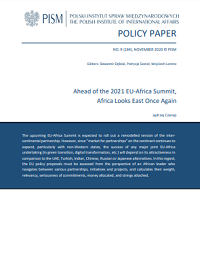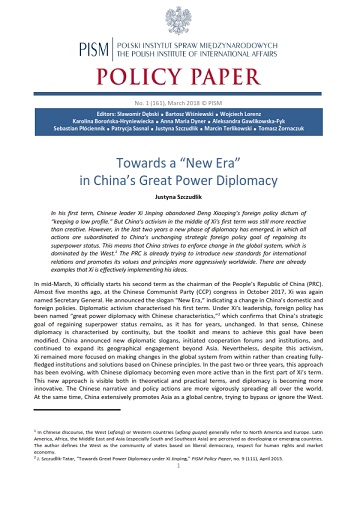
№161: Towards a “New Era” in China’s Great Power Diplomacy
№161: Towards a “New Era” in China’s Great Power Diplomacy
Keywords: People’s Republic of China; foreign policy; Xi Jinping; diplomacy; international relations;
In his first term, Chinese leader Xi Jinping abandoned Deng Xiaoping’s foreign policy dictum of “keeping a low profile.” But China’s activism in the middle of Xi’s first term was still more reactive than creative. However, in the last two years a new phase of diplomacy has emerged, in which all actions are subordinated to China’s unchanging strategic foreign policy goal of regaining its superpower status. This means that China strives to enforce change in the global system, which is dominated by the West. The PRC is already trying to introduce new standards for international relations and promotes its values and principles more aggressively worldwide. There are already examples that Xi is effectively implementing his ideas.
More...
